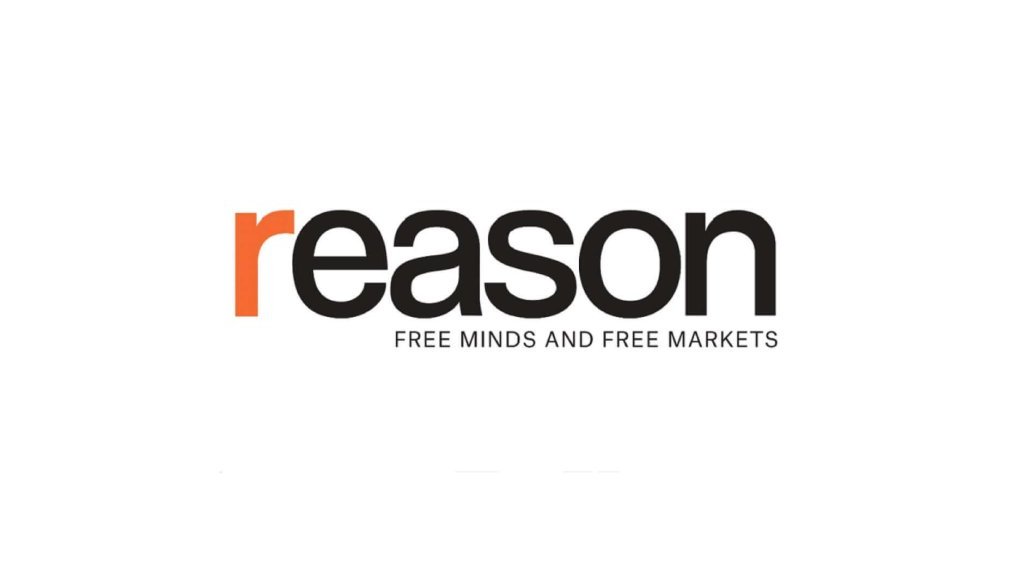Banks Are Narcing on You Because Congress Forces Them To
Walking into a bank feels like walking into any other business. Sure, there are a few extra cameras and an armed guard or two, but otherwise, it’s a typical experience. What you don’t see is the flood of reports—tens of thousands every day—that banks and other financial institutions file with the government, logging what Americans are doing with their money.
Banks may look like private businesses on the outside, but they have long been deputized on the inside as undercover agents for federal law enforcement.
Finance is among the most private aspects of our lives—we cover the keypad at ATMs, shred financial statements, and use multifactor authentication for online accounts. Yet what we really have is the illusion of financial privacy. Our information might be shielded from much of the general public, but not from the government.
The problem stems from a series of laws now known as the “Bank Secrecy Act regime.” Beginning in 1970, the Bank Secrecy Act made two major changes to the financial system. First, the law requires banks to maintain records on customers “where such records have a high degree of usefulness in criminal, tax, or regulatory investigations or proceedings.”
Second, the law requires banks to report certain transactions to the governme
Article from Reason.com

The Reason Magazine website is a go-to destination for libertarians seeking cogent analysis, investigative reporting, and thought-provoking commentary. Championing the principles of individual freedom, limited government, and free markets, the site offers a diverse range of articles, videos, and podcasts that challenge conventional wisdom and advocate for libertarian solutions. Whether you’re interested in politics, culture, or technology, Reason provides a unique lens that prioritizes liberty and rational discourse. It’s an essential resource for those who value critical thinking and nuanced debate in the pursuit of a freer society.




